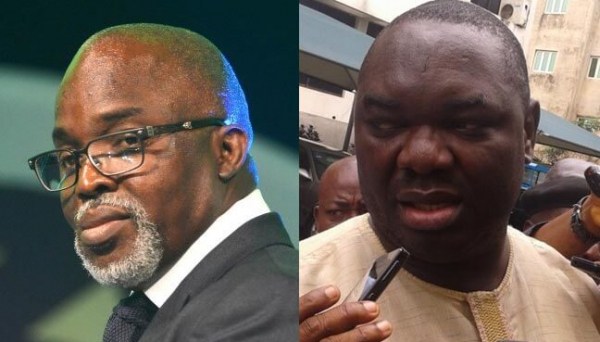The ECOWAS Court of Justice has ordered the Federal Republic of Nigeria to pay N10 million compensation for the violation of right to work to Pte. Barnabas Eli.
The judgment is contained in a statement made available to the News Agency of Nigeria, NAN, in Abuja on Monday.
It said that Eli was dismissed from the Army for the loss of his rifle in 2012 for which he was sentenced to two years imprisonment by a court martial without recourse to the confirming authority before enforcement.
The court also ordered the government to pay the applicant the arrears of his salary and other entitlements from March 2015 to the date of his release from detention.
“In suit No. ECW/CCJ/APP/44/16, the applicant who was a member of the Nigerian Army averred that in 2012, in the course of his official duty, a rifle belonging to the Army was stolen at his duty post in Sector 7, Riyom in the country’s Plateau State.
“Delivering a default judgment under Article 90(4) of the Rules of the Court following a motion filed by the applicant on Oct. 10, 2018, the Court also held the government in violation of the applicant’s right to be heard within a reasonable time.
“In determining whether the decision of the Court martial required confirmation by the appropriate authority before enforcement, the ECOWAS Court relied on the provisions of the Armed Forces Act Cap A20 which stipulates the punishment for the loss of public or service property.
READ ALSO: ECOWAS Parliament Appeals To Nigeria To Reopen Borders
“But required that the decision of such a court martial must be transmitted to a confirming authority for the confirmation of the finding and sentence.’’
The Court held that although the arrest, detention and trial of the applicant were validly done, the conviction had not been confirmed thereby making it null and void.
It said that the detention in prison of the applicant was arbitrary and consequently a violation of his rights to liberty contrary to Section 6 of the African Charter.
“However, the court rejected the applicant’s request to hold the government in violating his right to equality before the law; equal protection before the law; right to non-discrimination; right to life and to protection from torture.
“Cruel, inhuman and degrading treatment as well as punishment on the grounds that evidence was available not to support these claims.’’
According to the statement, the government of the Federal Republic of Nigeria did not put up a defence in rebuttal to the claims of the applicant.
The judgment was delivered by the panel of the Court with Justice Gberi-Be Ouattara (Presiding), Justice Dupe Atoki and Justice Januaria Costa as members.
NAN












